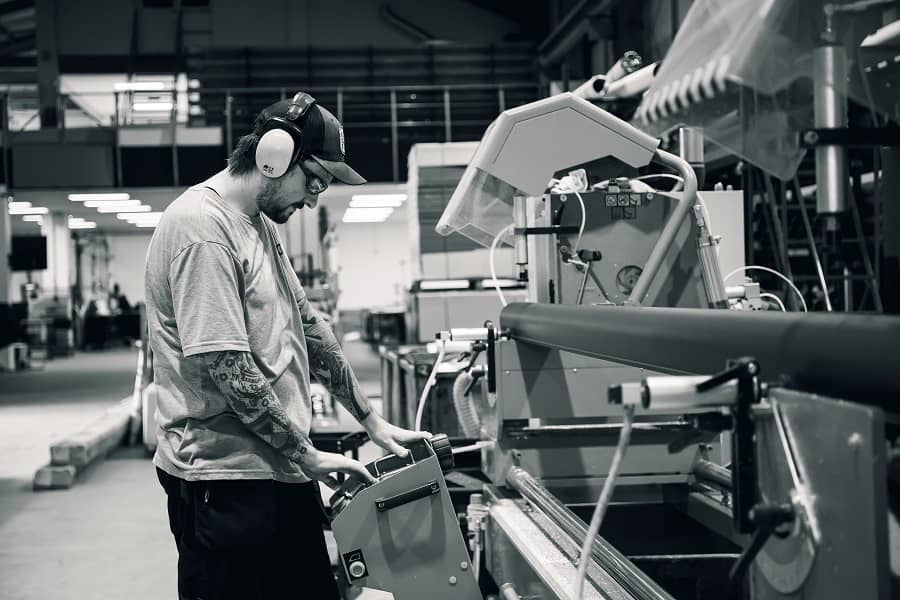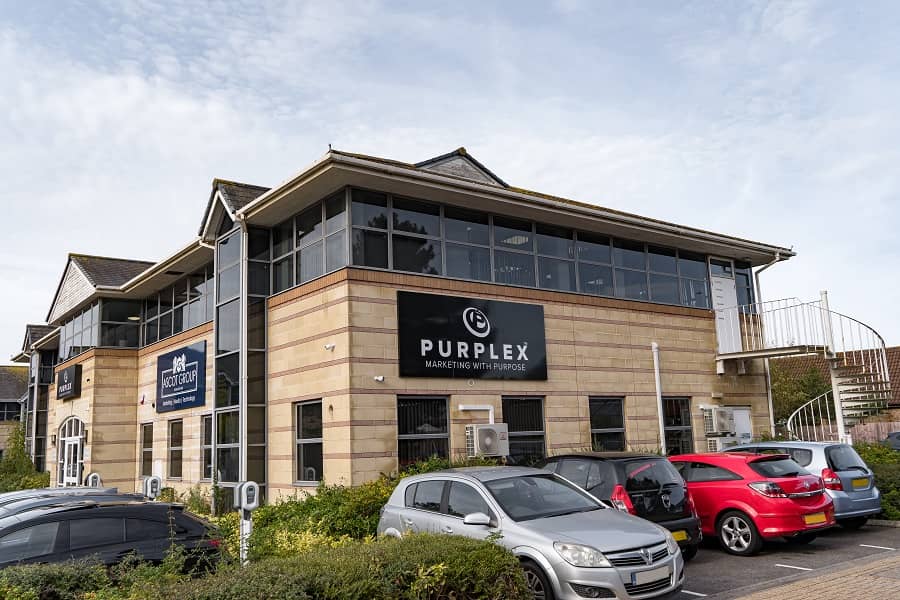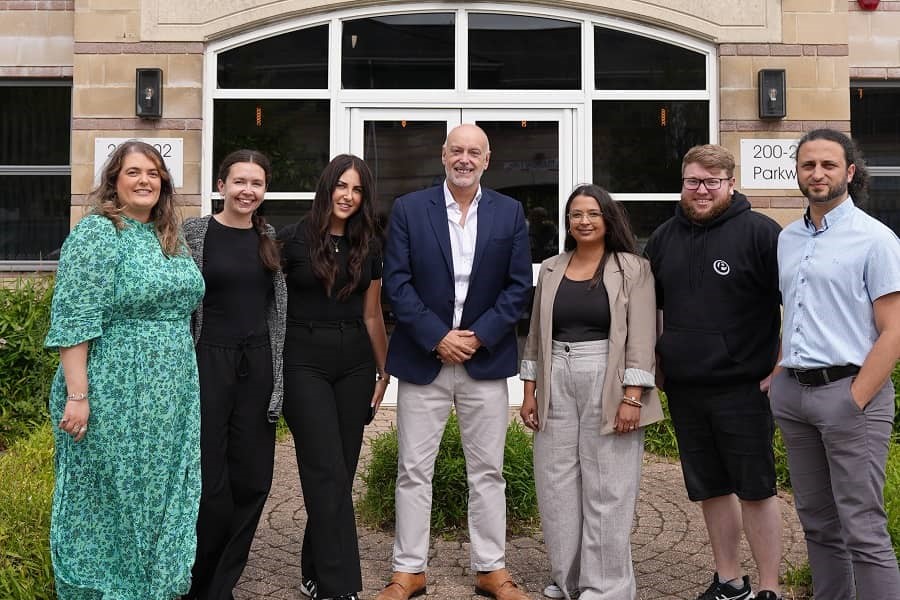First Base reveals industry-leading sustainability measures at Soapworks site

The mixed-use property developer First Base has revealed it will generate 35 percent less carbon emissions than required by building regulations at its landmark Soapworks site.
The developer, which is bringing the former Gardiner Haskins warehouse back to life, has made this and other bold commitments as part of its ambitious Sustainability Charter, which will allow it to track, monitor and change how the Soapworks scheme will impact the environment – both during its construction and once fully operational.
The Charter has been informed by the United Nations Sustainable Development Goals (UNSDGs), as well as Bristol City Council’s One City Plan and climate strategy.
As well as its industry-leading carbon emissions target, the Charter sets out a number of other key performance indicators (KPIs), including sustainable travel and transport options, environmentally friendly materials and boosting biodiversity; each aligned to Bristol’s environmental and ecological emergencies.
Lucinda Mitchell, project director at First Base, said: “Reducing our impact on the environment is our top priority and that is why we are making these bold commitments to reduce our carbon emissions at Soapworks. Our plans are designed in line with Bristol’s ambitions to become a cleaner, greener city and we are pleased to work with Bristol City Council to deliver a fairer and more sustainable future for everyone.”
First Base is a member of the UK Green Building Council and committed to declaring a climate emergency. Its recent Planet Mark certification, which is a collaboration between Planet First and the Eden Project, recognises continuous improvements, encourages action and builds an empowered community of like-minded individuals.
The Soapworks planning application is currently being considered by Bristol City Council and a decision is expected in the next few months.




















